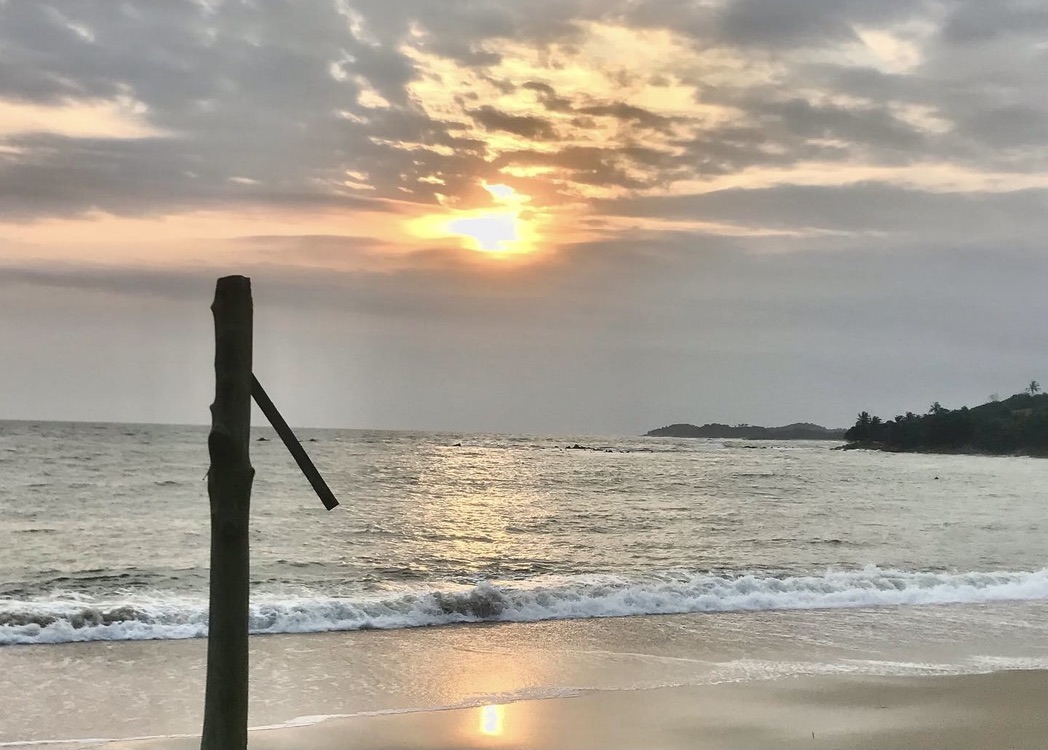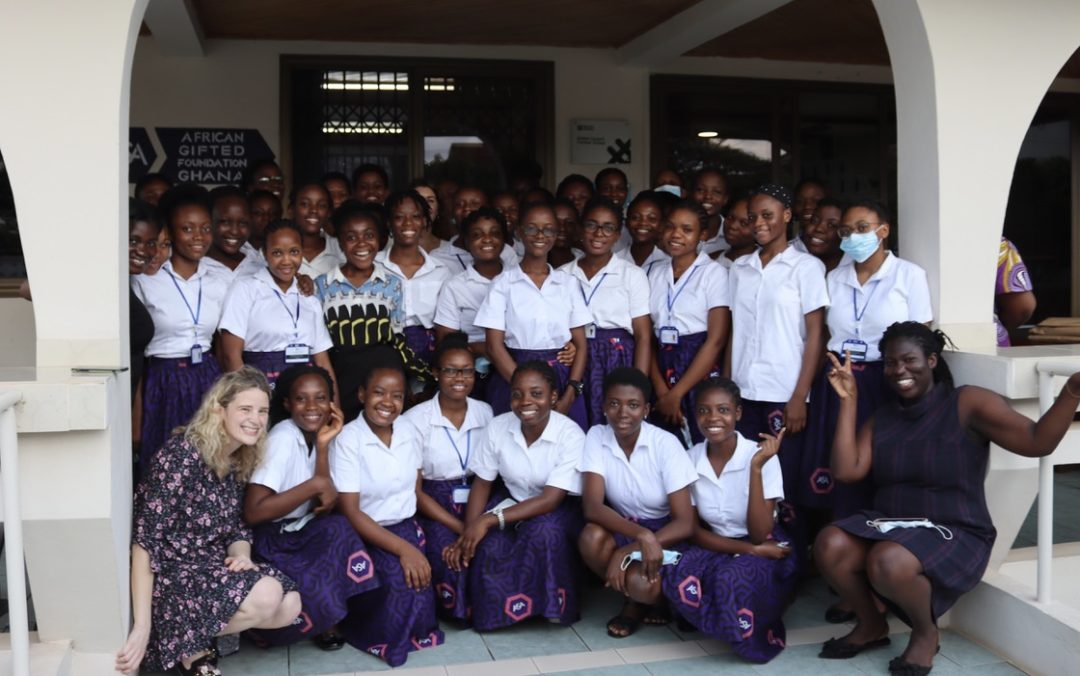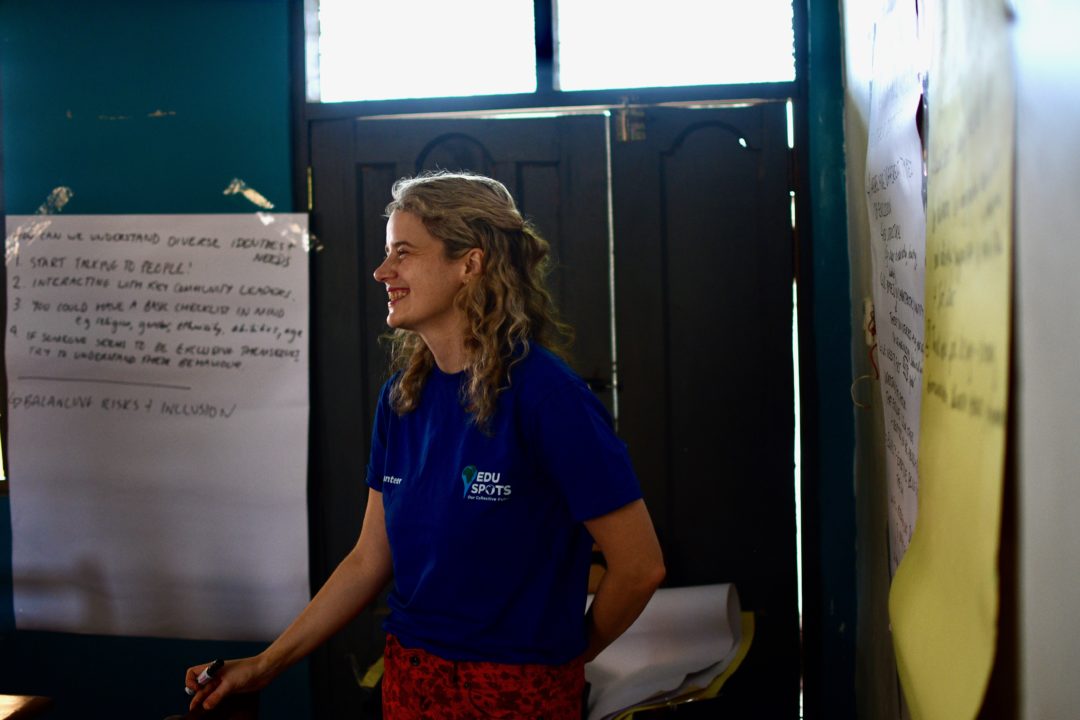To start, I’m not sure I’m still friends with chronic fatigue syndrome – we broke up! (Read my first blog post on this from March here).
Whilst it is helpful for me to believe that what I will learn from this process will transform me positively, I cannot currently describe this hidden attacker as my friend anymore. However, this photo marks the first time I managed a longer and tougher walk again. There is progress!
I’ve realised that alongside struggling to understand what was happening myself, this feeling of lacking control is compounded by the very limited understanding of this illness in society. Through this post, I continue to aim to offer a vital bit of advocacy work for others, especially given the growth of post-viral fatigue with Covid.
What’s going on?
ME/CFS is a neurological disorder, that impacts people differently. It is much worse than feeling tired all the time, it feels like – as one consultant described it – my whole system is “wading through treacle”.
This week marks nearly one year later after this was most significantly triggered by glandular fever and worsened by Covid and malaria. I find that my cognitive challenges are the most disturbing, getting quickly exhausted by intense in-person conversations, struggling quite severely with short-term memory and processing speeds, and any form of low-level challenge quickly triggering a stress response in my brain. These responses have later bodily fatigue consequences, which feels like a wave of fatigue washing across my body, often quite suddenly, leading to a flu-like feeling and I wake up every day with a heavy fog descending upon me.
These challenges are largely unseen. When people see me, I am usually out and about for the first time that day, and able to present as relatively normal (overly energetic!), unless people watch me decline after 1-2 hours, like a toy running out of battery quickly. I’ve lost a lot of confidence in my ability to communicate following a period of numbness across my face, combined with processing speeds and short-term memory loss. There is no medical treatment for it and it is socially excluding. I was given a 1 year waiting time for NHS support from an ME centre I was referred to.
However, I’m determined that these challenges will not mean that I limit my dreams or social contribution; I must just fundamentally change the way I am going about things. I’ve had to learn to reach out for support from people to help me achieve the same goals. I need breaks, processing time, encouragement, and structure, but I am determined to show that despite suffering from a chronic health condition, I will not be stopped from creating the impact in the world I hope to achieve and disembarking from my journey – rather I’m switching the type of transportation.
Like a challenging friend, I must spot the patterns of behaviour as it affects me and learn to place boundaries upon my activities, relationships and environment; yet also truly deeply value the new experiences and life perspective this has given me, which has given me a deeper understanding of inclusive education and societal practices more than any book or talk could ever offer me.
The #31Day #Restathon
I’ve done fundraising challenges of various forms across the years in support of EduSpots, mostly involving running or swimming, and I can safely say that resting – or at least being more restful – for 31 days was a genuine challenge, that really forced me to think of 31 different strategies to be more mindful. Aside from wanting to support and raise funds for our #BringingAfricatothebookshelf campaign, my motivation was to try to recover.
Of course, I realise now that one month is not going to cure me, and that rather I must adopt a much longer process of change to get back to being anywhere near ‘myself’ or accepting the changes to my abilities as longer term.
Learnings
This learnings section is more about strategies I’ve learnt to try to improve things, which I hope might be helpful to others!
1. Controlling a stress response
It seems to me that when a stress-triggering incident occurs (usually anything that requires emotional processing or drawing memories from different areas of my brain), there are ways to prevent it having an impact on my overall bodily functioning. Mostly, for me, the best ways are to focus on what is important (mental distraction), to go for a walk, to ring a good friend, and simply to move myself away from a situation and get some space (the disappearing act), before returning.
My mind just needs additional time to process emotionally complex information, and if it has the time to do this, it is then able to return to the situation and resolve it. Breathing techniques can also really help. Not managing a stress response quickly enough, or delaying action for too long, can lead to a significant multi-day crash, where I’m able to do very little.
2. Gratitude attitude
I’ve adopted a true gratitude attitude. By this I mean that whilst feeling enormously frustrated about my limitations, I appreciate moments or periods of activity more. Now, being able to be out and about for a few hours being sociable, feels like an achievement and something to be treasured, rather than something we all assume is a normal part of life.
In any moments of self-doubt or frustration, it helps to turn my mind to the people who have really supported me throughout everything or really sought to understand what is happening to me. This gives me strength to continue. For all those, like me, who struggle to ask for help, I really encourage you to shake this habit and reach out to people.
3. Mindful activity
I always found the concept of mindfulness a bit challenging before, as I just found the activities boring. But now my mind benefits from taking time to live through experiences without being in a constant ‘task completion’ mode.
Of all the activities I did, I found that it was simple things like breaking for food and drink without working alongside, going for a walk without being on the phone at the same time, sitting in nature and just observing natural rhythms – for me, looking at the sea has affected in relaxing the mind. Switching off all the notifications on my apps has been transformative.
In an urban setting, I find it’s more difficult to continue these practices, and therefore time needs to be carved out to find nature and mindful moments. Simply switching the mind off for a long period each day is helpful, and resting when your body tells you too, rather than fighting – my normal de facto mode.
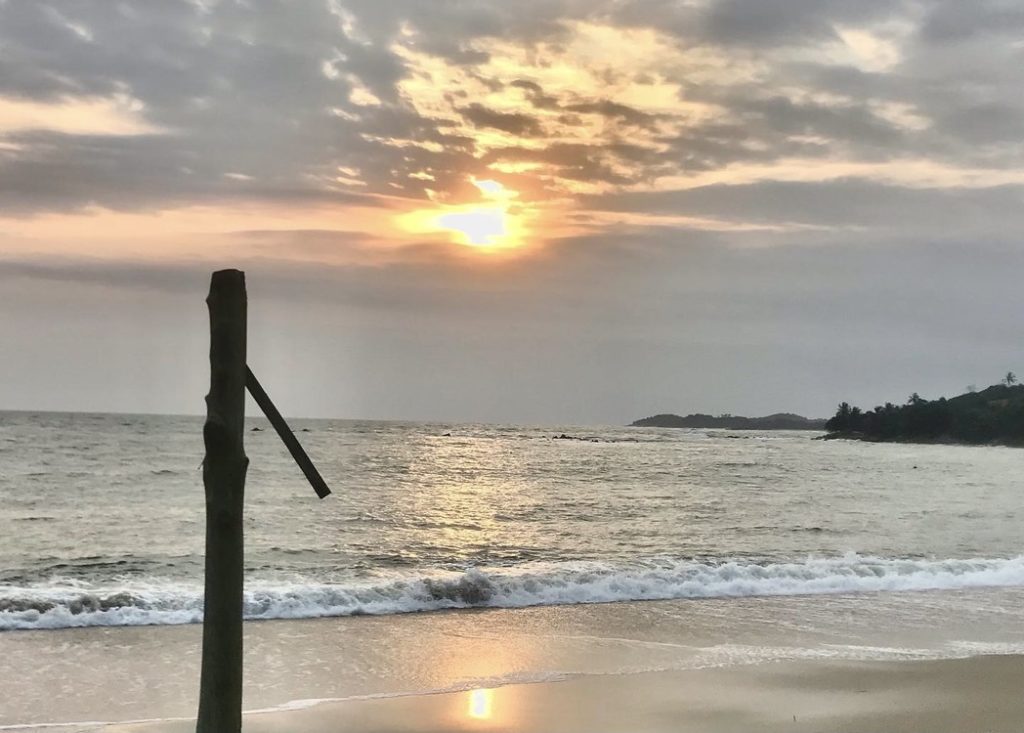
4. Focus
As my energy is limited, I have to use it much more wisely. I simply don’t have the energy to waste on unnecessary activities, and this helps me focus and streamline my approach to work; establishing a clear to do list each day and week really helps with this. I have had to greatly reduce my social interactions and expectations I have of myself, and those of others have of me has had to change.
The Campaign
Thanks to your support, through this mindfulness journey, I have so far raised £700, which was enough to buy over 400 African books by local authors, rebalancing representation in educational resources across the EduSpots Spots. As a team, we have now reached the £2500 mark.
Although not directly linked to chronic fatigue syndrome, I believe very strongly in this cause, because I believe the psychological damage of growing up with books and resources unrelated to your context can be huge. Do take a look at my other blog posts on this topic. This is an aim EduSpots has been committed to since 2015, with thousands spent on Africa books across this period.
If you would like to support this cause having read this article, please do consider dropping a donation here.
www.justgiving.com/fundraising/restathon
Thank you to everyone who continues to support our collective journey and support me too on this windy road.
#OurCollectiveFuture
Our 2022 Model of Change: https://issuu.com/eduspots/docs/our_model_of_change
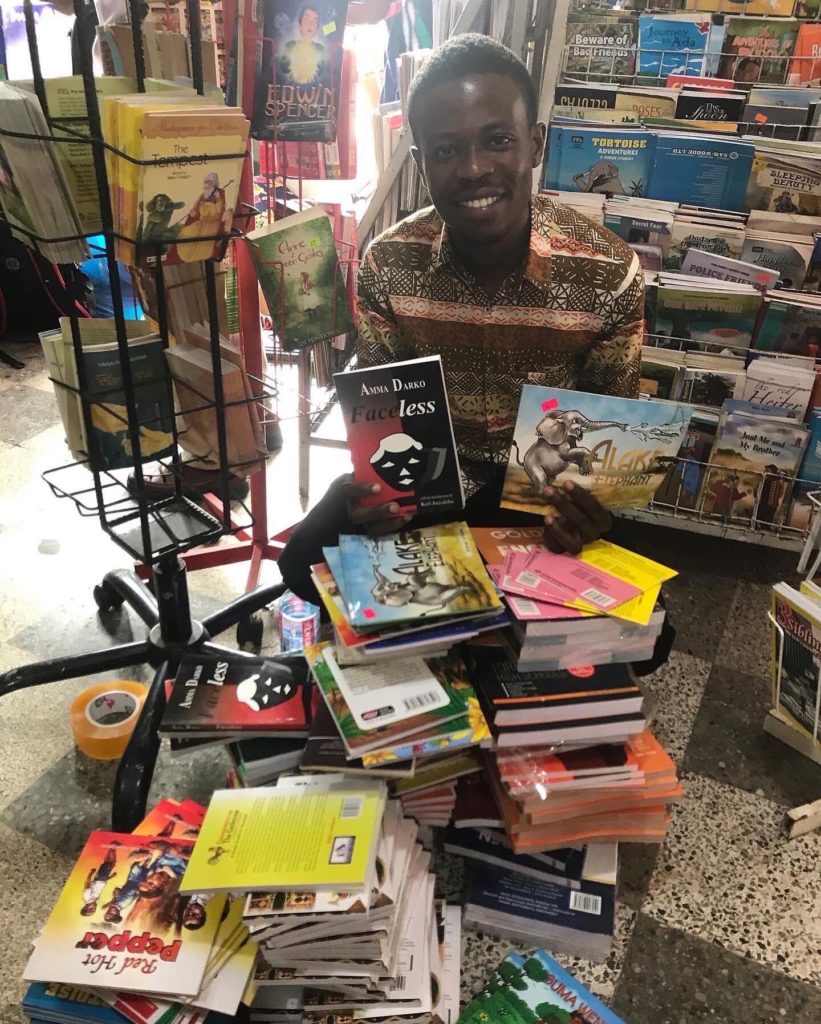
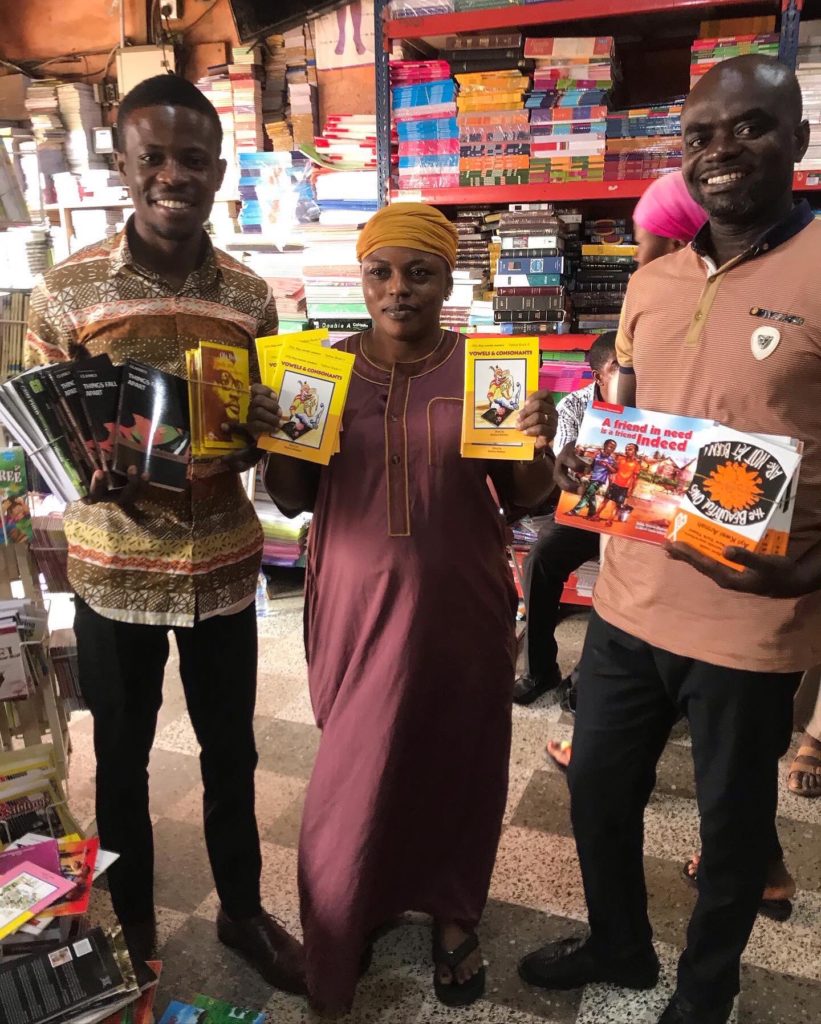

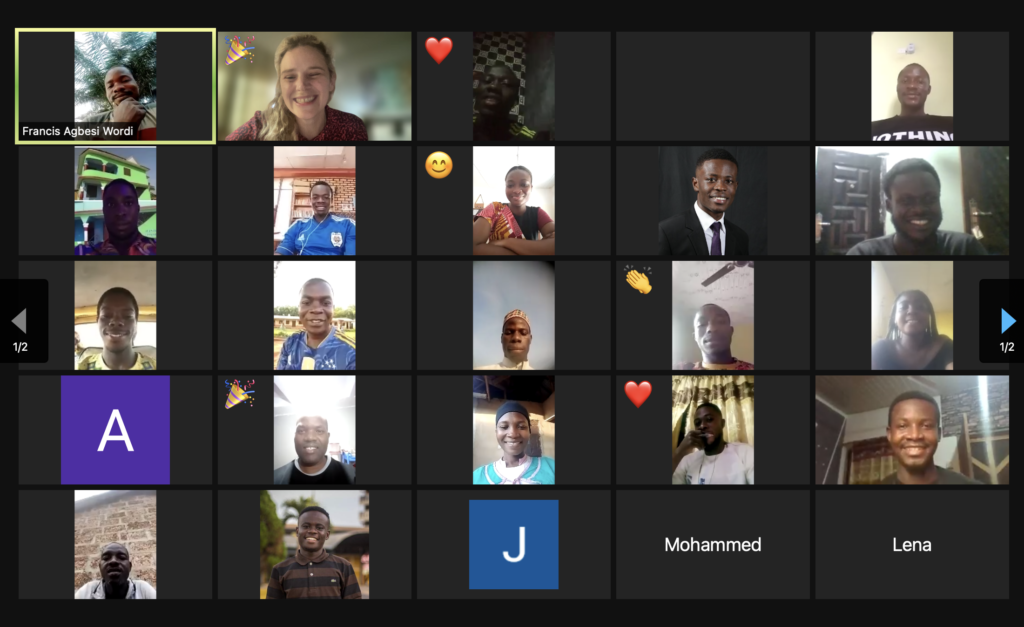
Just a few volunteers in the EduLit and EduSpots community, who will be leading the usage of the books at a local level.
